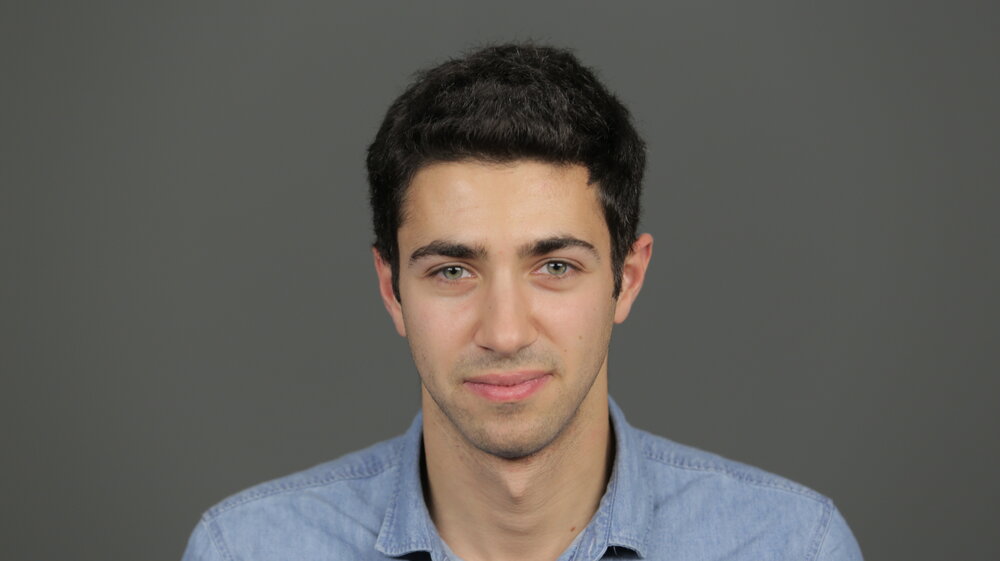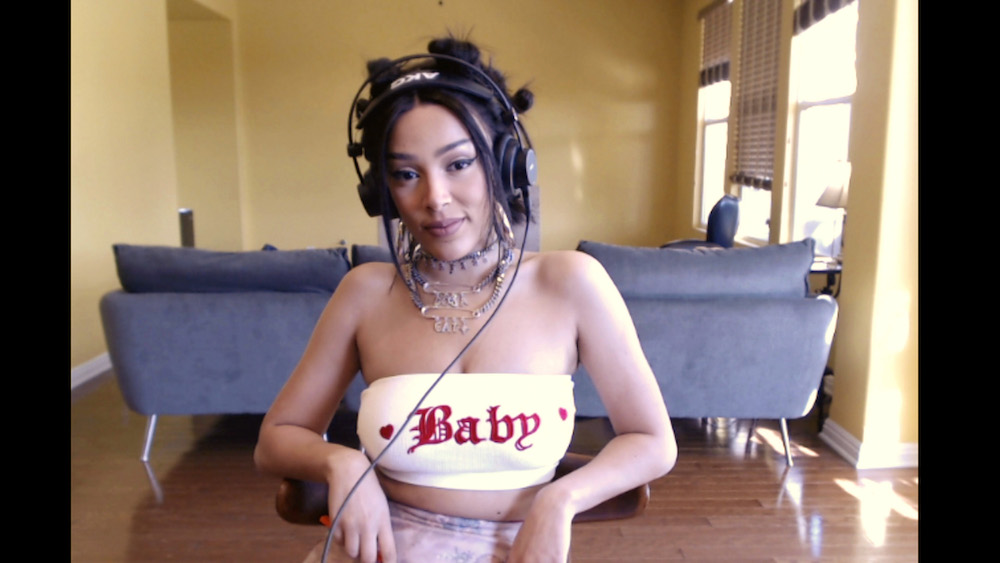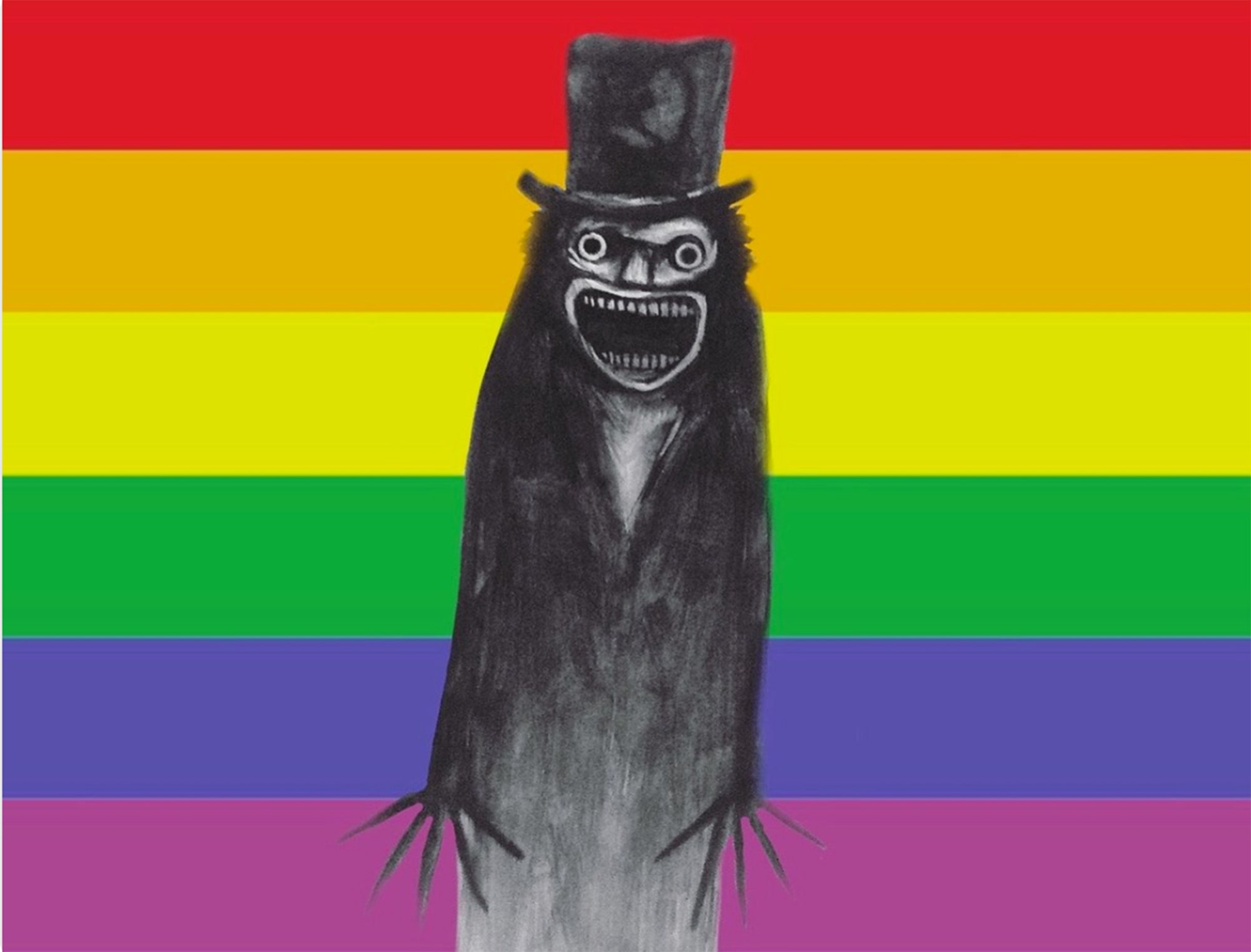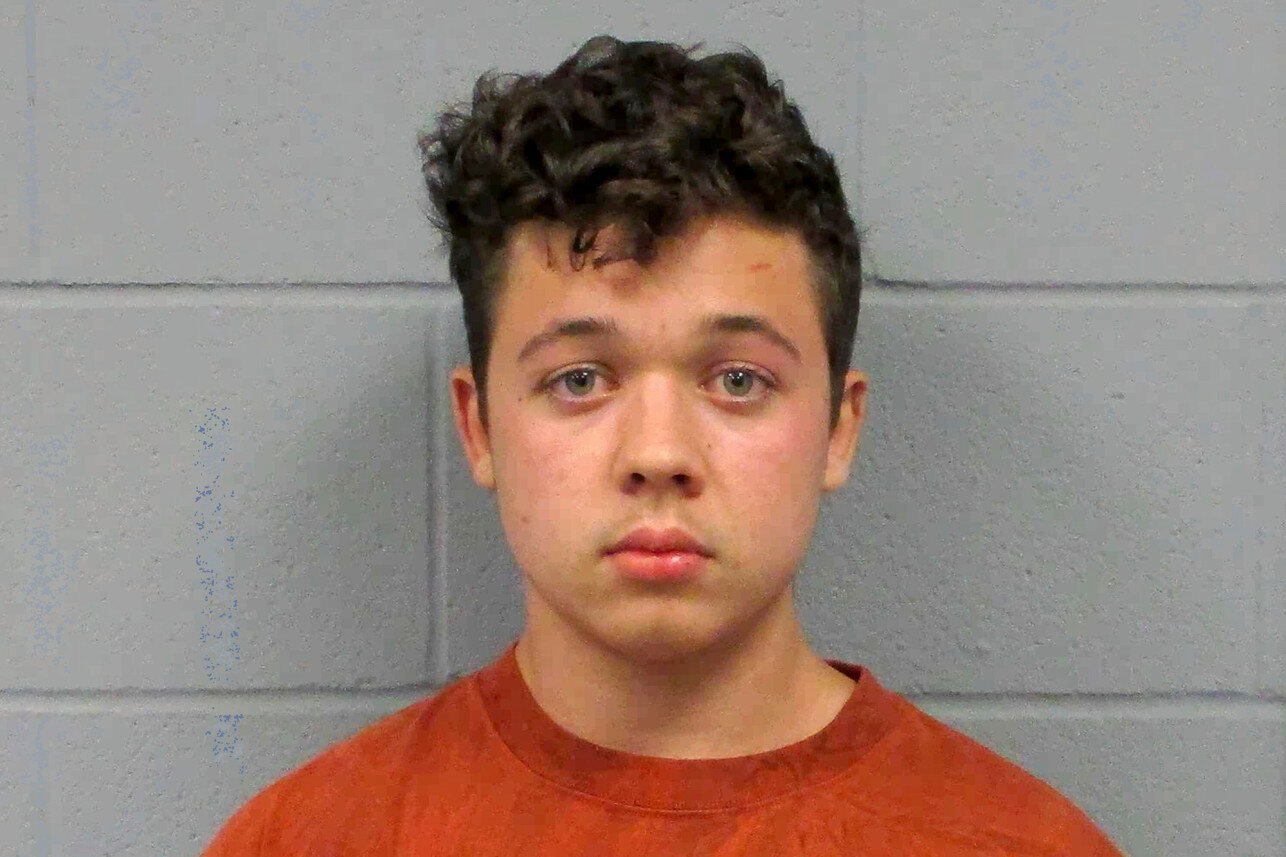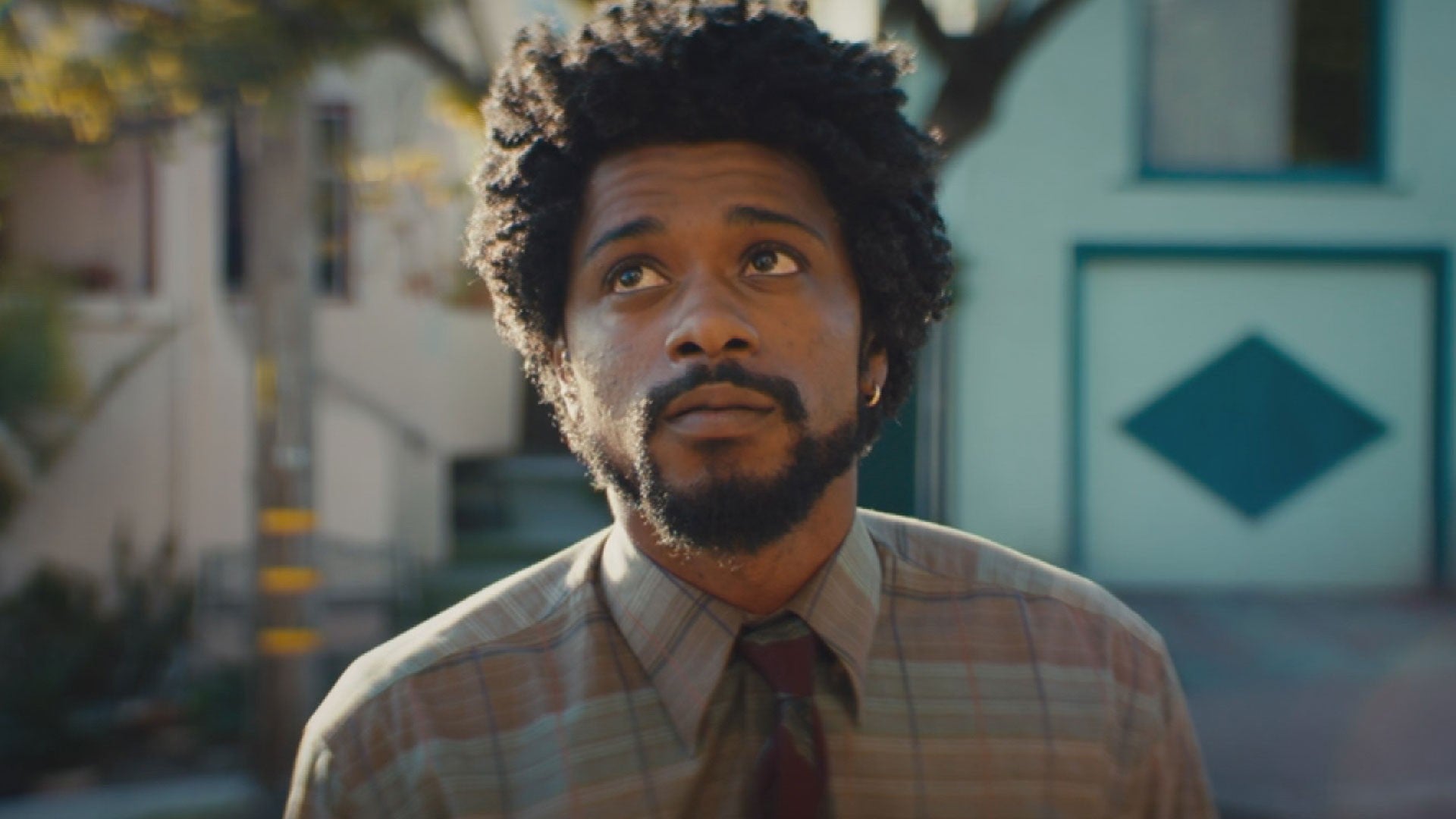Questions and responses have been edited for clarity.
How did you first decide that you wanted to make a film about the Alt-Right?
At first, I started covering the Alt-Right in short documentaries right around Trump’s election. During one of those short documentaries, I caught a roomful of people breaking out into Nazi salutes, which was this really viral moment at the time. Eight months later, Charlottesville happened and the president failed to disavow what white supremacist did there. After that, I knew I had to do more, so I talked to the senior editors at The Atlantic and they gave me the space to pursue a feature film.
Given your Jewish background, did you have any concerns about spending time with a group of people who are so openly anti-Semitic?
Constantly. I mean, there’s a very long and confusing history about whether or not Jews are white, but I benefit from whiteness in the American context. That being said, Jews are the ultimate evil in the Alt-Right. A Jew is sort of an adjective, like a stand in for anything you hate. My inbox and my Twitter to this day have just been filled with like just really nasty Nazi cartoons. One person created a whole video denying the Holocaust and implying that my grandmother was a fake Holocaust survivor.
That’s really messed up. Did you actually experience anything while filming?
While I was filming in Florida, Richard Spencer went out to get dinner with some funders or supporters and he actually left me alone in Florida in like a Nazi ranch with many drunk young kids who were deeply anti-Semitic. It was in that car ride before we got there that Richard, funny enough, asked me to tell him more about my Italian ancestry and I was actually like Richard, I’m Jewish. And he was shocked. The driver and the other people in the car were surprised, and when Richard left me alone at the ranch, they all started kind of whispering to each other. And that’s where things turned pretty nasty because I was alone for an hour or two and there was a lot of verbal abuse and taunting and stuff like that. But nothing physical.
Given the hate that these people promote, I know that some people critiqued the film for giving a platform to the Alt-Right. How do you respond to them?
We were very cautious not to amplify someone who didn’t already have a platform and the very depressing reality is that the three main figures in the film have followings in the millions. They had a platform already, whether we pay attention to them or not. I see it as my job to take that seriously, to interrogate it, to be highly critical because, you know, they’re gonna get their messages out there regardless. I think it’s my job as a reporter to really show and expose how empty those ideas are.
Did your preconceived notions about who these Alt-Right leaders were change as you filmed them?
There are moments when I was with them off camera where we did connect. Since I spent three years with them and hundreds of hours, a part of me hoped that just being exposed to me, hearing about my family history and my grandmothers losing most of their family [in the Holocaust], that maybe they would learn and they would change. Ultimately, they didn’t.
Were there any moments while you were filming when you just thought “this is too much” on an emotional level?
So I also shot most of the film myself and most of what I was thinking while filming was, don’t fuck up the shot. Most of the processing at a psychological level came after, when I went home. And that was the hardest part for me, actually, just like returning to my life. I was living in DC at the time and for most of production. I would go back and hang out with friends at the bar or my roommates at home and try to explain. And, you know, they would try their best but it was just very hard to find that place where I could decompress. The weird thing actually is now that I’m done with the movie, I actually feel the most reflective I’ve been about some of the really insane things that I saw or went through.
What is the significance for you, if any, of White Noise coming out almost exactly four years after you filmed the infamous video of the ‘Hail Trump’ salutes and in the midst of another presidential election?
I think the significance is just the extent to which white nationalism has penetrated the conservative movement and the Republican Party. You know, even though these three phonies or whatever you want to call them are fading from view, the ideas that they popularized are now really in the mainstream. They’re on Fox News every night. You put on Tucker Carlson, the highest rated show on cable TV, he’s saying the same things Richard was saying to me a few years ago. And they might not call themselves Alt-Right anymore, they’ll say they’re Boogaloos or QAnon, there’s all these new spin off versions, but it’s all the same stuff. I mean, it’s just this resistance to multiculturalism, this feeling that white America is disappearing.
White Noise will be available to U.S audiences starting Wednesday on Apple TV, Amazon Prime Video and Google Play. You can also watch it here.
Interview by Imani Fleming and Ian Kumamoto

